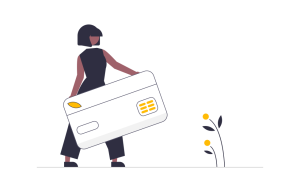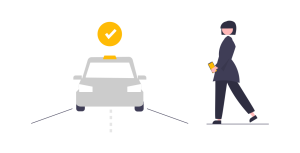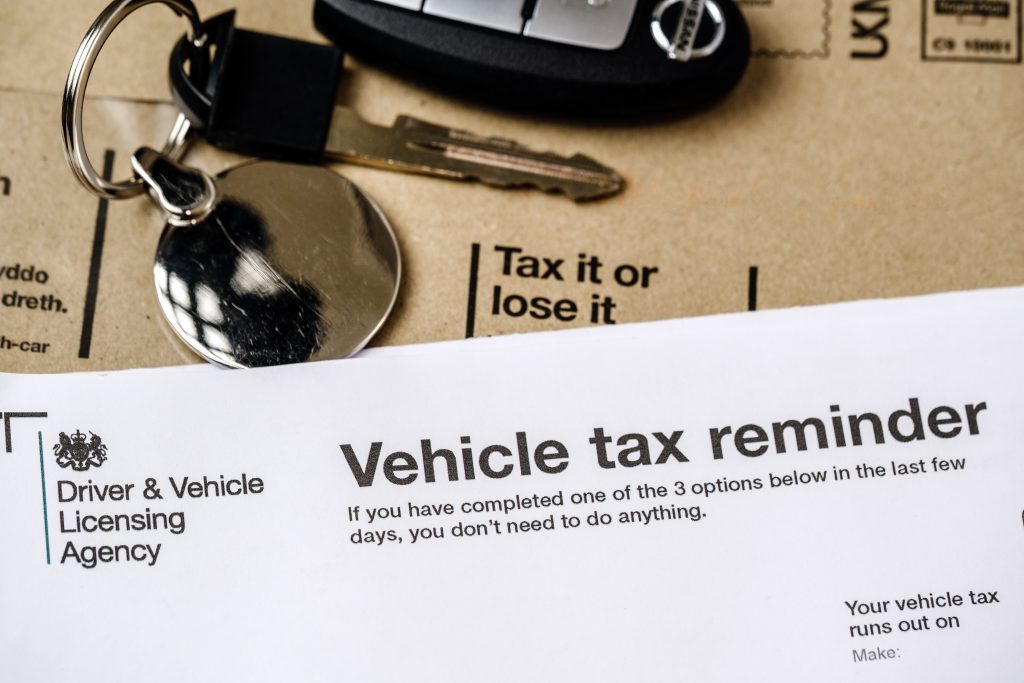Vehicle Exercise Duty (VED) is more commonly known as car tax or road tax in the UK. It is a form of government tax which is enforced by the DVLA and is payable by anyone with a roadworthy vehicle. Taxing your car is quick and easy and depending on the type of car you have, your car tax will vary. Vehicles can fall into different car tax bands and it should be taken into consideration when budgeting for a car. Car tax rates can be affected by factors such as your car’s CO2 emissions, and the year and month of registration. The blog below looks at car tax bands in more detail and helps you to understand how they work.
What is Vehicle Exercise Duty UK?
Vehicle Exercise Duty is a tax paid by UK drivers on any car, van, motorbike or any other vehicle they own. The yearly tax needs to be paid for any roadworthy vehicle. The amount you pay can be determined by the vehicle you own and a few different factors and choosing a car in a high tax band can affect the running cost of owning a car. Vehicles can also be exempt from car tax such as many different electric vehicles, but you will still need to tax your car even if there is no fee to pay. Check out the best cars with cheap road tax.
How to pay your car tax:

You can pay your VED by visiting the Gov.uk website. You can choose to either pay your car tax monthly, every 6 months or annually. If you choose to pay via Direct Debit monthly or every 6 months, there is an additional 5% surcharge to pay on top of your car tax. There is no longer a 5-day grace period for paying your car tax on time like there used to be so it’s essential it is paid on time. You will receive a car tax reminder from the DVLA around 3 weeks before their road tax is due. A new system has been introduced in August 2023 which enables drivers to get car tax reminders through email or text too.
UK car tax bands – how do they work?
The current VED tax rates apply to cars first registered on or after 1st April 2017.
Vehicle tax rates for petrol and diesel cars from April 2023:
| CO2 emissions: | First-Year Rate: | Standard Rate Thereafter: |
| 0 g/km | £0 | £0 |
| 1-50 g/km | £10 | £180 |
| 51-75 g/km | £30 | £180 |
| 76-90 g/km | £130 | £180 |
| 91-100 g/km | £165 | £180 |
| 101-110 g/km | £185 | £180 |
| 111-130 g/km | £210 | £180 |
| 131-150 g/km | £255 | £180 |
| 151-170 g/km | £645 | £180 |
| 171-190 g/km | £1,040 | £180 |
| 191-225 g/km | £1,565 | £180 |
| 226-255 g/km | £2,220 | £180 |
| Over 255 g/km | £2,605 | £180 |
Do hybrid cars pay road tax?
One of the main benefits of buying a hybrid car is the reduced emissions they release into the environment and the more positive impact they have on air quality. Many Hyrbid cars do however have to pay road tax though.
Vehicle tax rates for alternative-fuel cars (hybrids ect) from April 2023:
| CO2 emissions: | First-year rate: | Standard rate thereafter: |
|---|---|---|
| 0 g/km | £0 | £0 |
| 1-50 g/km | £0 | £170 |
| 51-75 g/km | £20 | £170 |
| 76-90 g/km | £120 | £170 |
| 91-100 g/km | £155 | £170 |
| 101-110 g/km | £175 | £170 |
| 111-130 g/km | £200 | £170 |
| 131-150 g/km | £245 | £170 |
| 151-170 g/km | £635 | £170 |
| 171-190 g/km | £1,030 | £170 |
| 191-225 g/km | £1,555 | £170 |
| 226-255 g/km | £2,210 | £170 |
| Over 255 g/km | £2,595 | £170 |
Are electric vehicles exempt from paying car tax?
Buying an electric car can be a smart and cost-effective choice for any driver and you’ll also benefit from no road tax to pay! Fully electric vehicles are exempt from road tax payments. However, you must tax your vehicle even if you do not need to pay a fee. From 1st April 2025, electric vehicles will no longer be exempt from paying VED in an attempt to make the motoring tax system fairer.

What happens if you don’t pay your car tax?
When you buy a car, it is recommended you pay your car tax straight away. If you already have a car, the DVLA send tax reminders in good time so you won’t forget. Alternatively, a Direct Debit may be automatically renewed to make sure the payment is met. If you fail to tax your vehicle, the DVLA has the right to clamp or impound the vehicle. If you don’t tax on time, a late licensing penalty letter will be issued and a fee of £80 will be imposed. However, this can be reduced to £40 if paid within 28 days. If the payment is not received, the DVLA will contact a debt collection company to recover the payment. If the payment is still not received, the case will be taken to court and you could be prosecuted.
Find out how to cancel your car tax and get a refund if you’ve sold your car, transferred the ownership, or its been written off.
Looking to save money on car tax?
Shop our list of the best electric cars with NO tax to pay!

